L-Theanine and ADHD Potential Benefits
Understanding ADHD
Attention Deficit Hyperactivity Disorder (ADHD) is a developmental disability that millions of children and adults around the globe suffer from. People suffering from ADHD tend to be inattentive, hyperactive, and impulsive–all of which impacts their performance in academics, daily responsibilities, and their relationships. Alternative and complementary approaches are gaining traction among ADHD patients, while medications and behavioral therapy continue to remain the primary source of ADHD management. One such alternative approach is the use of L-theanine, which has been proven to assist with focus, relaxation, and mental health.
What Is ADHD?
ADHD is an intricate condition that has 3 major subtypes:
- Predominantly Inattentive Presentation: This includes organizing tasks, paying attention, and following instructions.
- Predominantly Hyperactive-Impulsive Presentation: Participants suffer from excessive talking, restlessness, and actions that stem from a lack of impulse control.
- Combined Presentation: Includes a combination of inattentiveness and hyperactivity/impulsivity.
ADHD has its roots in the prefrontal cortex, where decisive thinking, maintaining attention, and controlling impulses take place. Even though the precise cause of ADHD is ambiguous, one can attribute it to the repercussions of genetic, neurological, and environmental factors.
Traditional Treatments for ADHD
Treatments of ADHD are typically multi-layered, one of them being:
- Medication: Stimulant medications like methylphenidate (Ritalin) and amphetamines (Adderall) are frequently used with the intent of stimulating dopamine and norepinephrine activity in the brain, which is already hyperactive.
- Behavioral Therapy: Enables individuals to formulate coping mechanisms and enhance their planning and organizational skills.
- Lifestyle Changes: Along with a healthy diet and plenty of sleep, engaging in physical activity can aid in boosting one’s mental health.
Nevertheless, not everyone adapts easily to conventional forms of treatment. Others might even develop adverse reactions to certain forms of medications. This has created a greater intrigue in specific natural supplements such as ‘L-Theanine.’
What Is L-Theanine?
L-Theanine is an amino acid which is mostly obtained from green tea (Camellia Sinensis) and a few types of mushrooms. It is popular for its soothing abilities and tension-reducing effects. L-theanine doesn’t work on its own but is believed to have an effect on how the brain functions by:
- Increasing Alpha Brain Waves: This is associated with having a calm but alert mind.
- Enhancing Neurotransmitter Activity: Increasing the amount of dopamine, serotonin, and GABA. These chemicals are crucial for mood and focus.
- Reducing Cortisol: Helping to decrease the amount of stress hormones, which is known as cortisol.
How Might L-Theanine Assist with ADHD?
Unlike any other compound, L-theanine has properties that make controlling ADHD symptoms easier. It can help in the following ways.
Improving Focus and Attention
An individual suffering from ADHD may find it difficult to focus. Because L-theanine increases alpha brain waves, it promotes a state of relaxed mental awareness which may help individuals with ADHD concentrate better.
Reducing Anxiety and Stress
Stress is one of several common conditions which people suffering with ADHD also face. Raising cortisol levels and increasing GABA activity brings about a sense of calm. This allows a reduction of feelings of anxiety while controlling focus and impulses.
Enhancing Sleep Quality
People suffering from ADHD face sleep issues, and lack of sleep can make the symptoms worse. Traditional sleeping aids may come with sedative effects, but L-theanine promotes relaxation and eases one into sleep, putting a halt to the ADHD symptoms without side effects.
Supporting Emotional Regulation
One of the most recognized symptoms of ADHD is emotional dysregulation. However, L-theanine has the ability to assist modulation of neurotransmitters like serotonin and dopamine which can help improve their mood and lessen emotional outbursts.
L-Theanine for ADHD: The Scientific Evidence
The use of L-theanine for ADHD treatment is still in its infancy, but it is projected to be extremely beneficial:
- Cognitive Performance: A study published in Nutritional Neuroscience reports that a mixture of L-theanine and caffeine improved cognitive performance as well as reaction times.
- Stress Reduction: L-theanine was proven to lower both psychological and physiological stress responses in research published in Biological Psychology.
- Sleep Quality: According to Alternative Medicine Review, L-theanine improved sleep efficiency and quality in individuals with anxiety.
More research is needed to conclude how successful L-theanine is in adults with ADHD, but its effectiveness in some fields is extremely promising.
How to Use L-Theanine for ADHD
Here are a few instructions in case you want to experiment with L-theanine as a supplement for ADHD:
- Dosage: 100 to 400 mg of L-theanine is advised per day. It is important to start low and increase dosage based on the effect.
- Form: L-theanine comes in the powdered, tablet, and capsule form. While L-theanine content in tea is relatively low, some people may prefer the green tea over supplements.
- Timing: If you wish to use L-theanine in combination with sleep, consider taking it an hour before sleeping. If you want to use it to increase focus, use it when you anticipate needing concentration.
- Combining with Other Treatments: L-theanine can be administered together with conventional treatments of ADHD, but one should consult a specialist before starting any new supplement.
Potential Side Effects and Precautions
L-theanine is considered to be safe, with only a handful of side effects reported. Nonetheless, it is important to:
- Surveil the use of L-theanine together with aromatic sedation without medical supervision.
- Checks and balances of any unwanted side effects like stomach upset, nausea, or vertigo should be kept in check.
- Seek the aid of a professional, more so, when pregnant, breastfeeding, or on some medicine.
Conclusion
No, L-theanine does not cure ADHD, but it is promising as an adjunct focus treatment. Together with calming, while still enabling a person to stay focused, it enhances the appeal for people looking for natural treatments. Merely because L-theanine enhances focus and reduces stress as well as improves a person’s overall condition instead of drawing ire. However, a medical professional should always be sought for the most appropriate course of treatment tailored for you.
For ADHD patients, their lives may change for the better once managed properly. With more research being conducted, L-theanine has the potential to make treating ADHD easier.
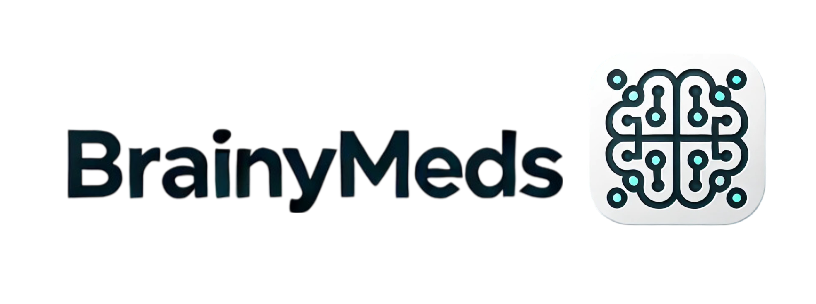

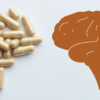

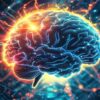

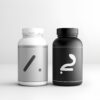
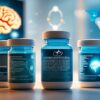
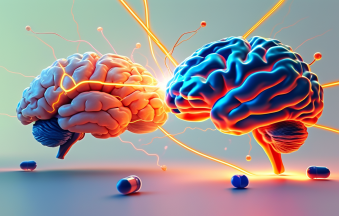
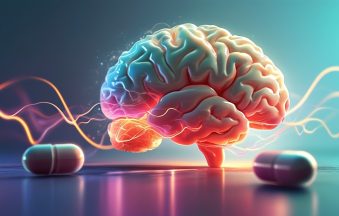

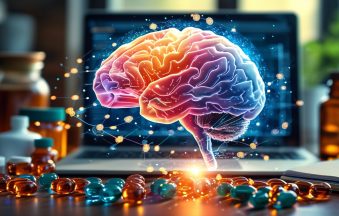
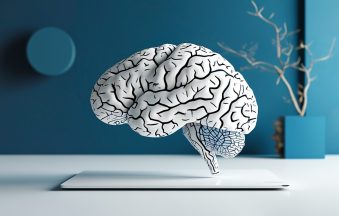
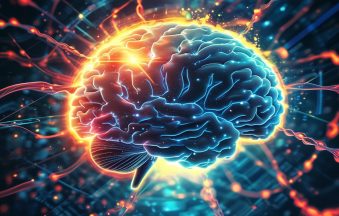
Add comment